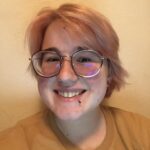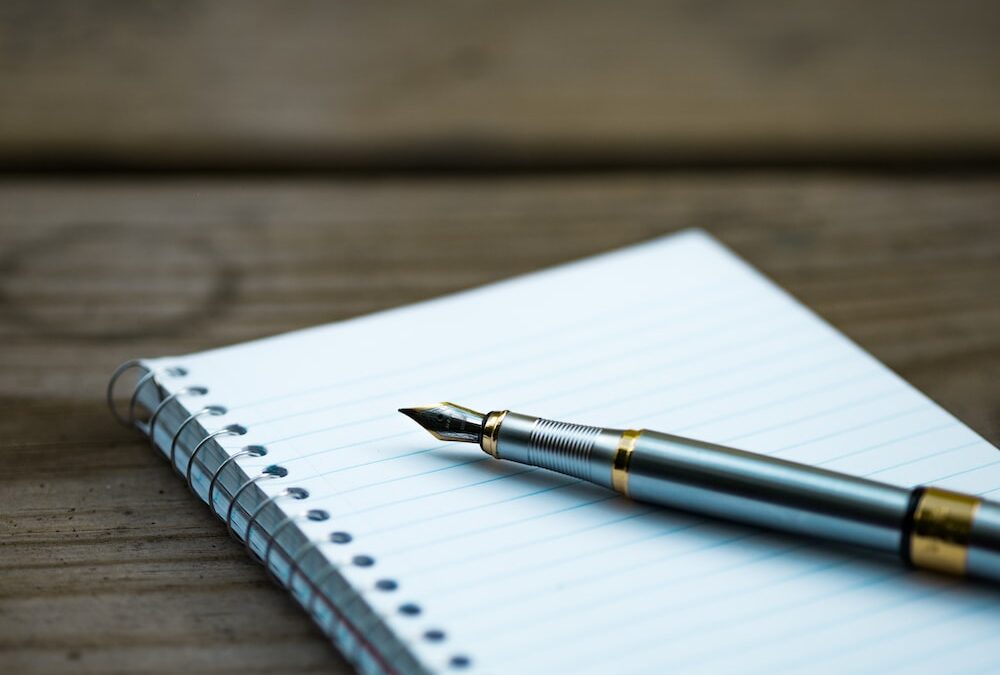If you’re like me, then you love the thought of going into publishing as your future career. But you also struggle to navigate the world of literary jobs, especially editing jobs. Where do you even start? Well, to give some insight on freelance editing, I spoke to Elise Hitchings about her career and some tips that she has for those who want to follow in her footsteps.
Before we get into the interview, here’s a bit of background on Elise. She got her BA in Creative Writing from Augsburg University and her MS in Book Publishing from Portland State University. She offers several different types of editing services which include; content editing, proofreading, copy editing, and line editing.
Now, for what you’ve all been waiting for!
MH: What made you choose editing as your career?
EH: I’ve always loved to read books, but have never had a desire to be an author. Being involved in the process is great, and guiding my authors to create the best book they can is very fulfilling.
MH: How does freelance editing work?
EH: I mainly work with self-published authors, and get most of my work through Reedsy. Reedsy is a platform with a directory of editors and other professionals authors can hire to help them with the publishing process. Basically an author contacts me, I create a quote, and then we sign a contract. I receive the manuscript, edit it, and return it. I have some consistent clients, as well as some that only write one book.
MH: What made you decide to work freelance rather than for a company?
EH: When I graduated I couldn’t find a job, so I decided to try freelancing. Then COVID hit and people weren’t hiring. I had always planned to freelance, but after working for a press. But I am glad to have taken the risk. I’ve grown as an editor and learned so much over the almost 3 years I’ve been freelancing.
MH: What motivates you as an editor?
EH: I really enjoy helping authors put out their best work. An editor is also kind of a cheerleader—you have to help your authors through the difficult parts of revision.
MH: What qualities make a good editor?
EH: Generally, editors are people who just love books and read a ton. Reading a lot and widely is super helpful, just because you absorb so much. It’s also important to be able to multitask, pay attention to detail, and be willing to learn. I’m constantly learning new things through the projects I edit. You also have to be able to work well with clients. Clients can be great or they can be awful. Most clients are great, but there is always the one who is difficult.
MH: What are the pros and cons of freelance editing?
EH: The biggest con is that you have no guarantees. Last year I had enough work to make freelancing my main income, but this year I don’t. But you do get to make all the decisions. If you don’t want to work with a client you don’t have to. You can set your own rates and terms, along with how long you get for each project. I love working for myself, but COVID has hit the industry hard and it’s not going to bounce back for a bit yet.
MH: What advice would you give to people who would want to go into editing?
EH: I think getting some form of training is super important. I have an MS in book publishing, and it made me a much better editor. I learned everything from how to edit to how to work with a client. There are degrees you can get, but there are also professional certifications too.
You can learn more about Elise on her website.
Meet the contributor: MICHAEL HORTON (they/them/it/its) is a creative writing student at Hamline University. They have a passion for writing and helping others write. They one day hope to have a career in editing or writing podcasts.
MICHAEL HORTON (they/them/it/its) is a creative writing student at Hamline University. They have a passion for writing and helping others write. They one day hope to have a career in editing or writing podcasts.


